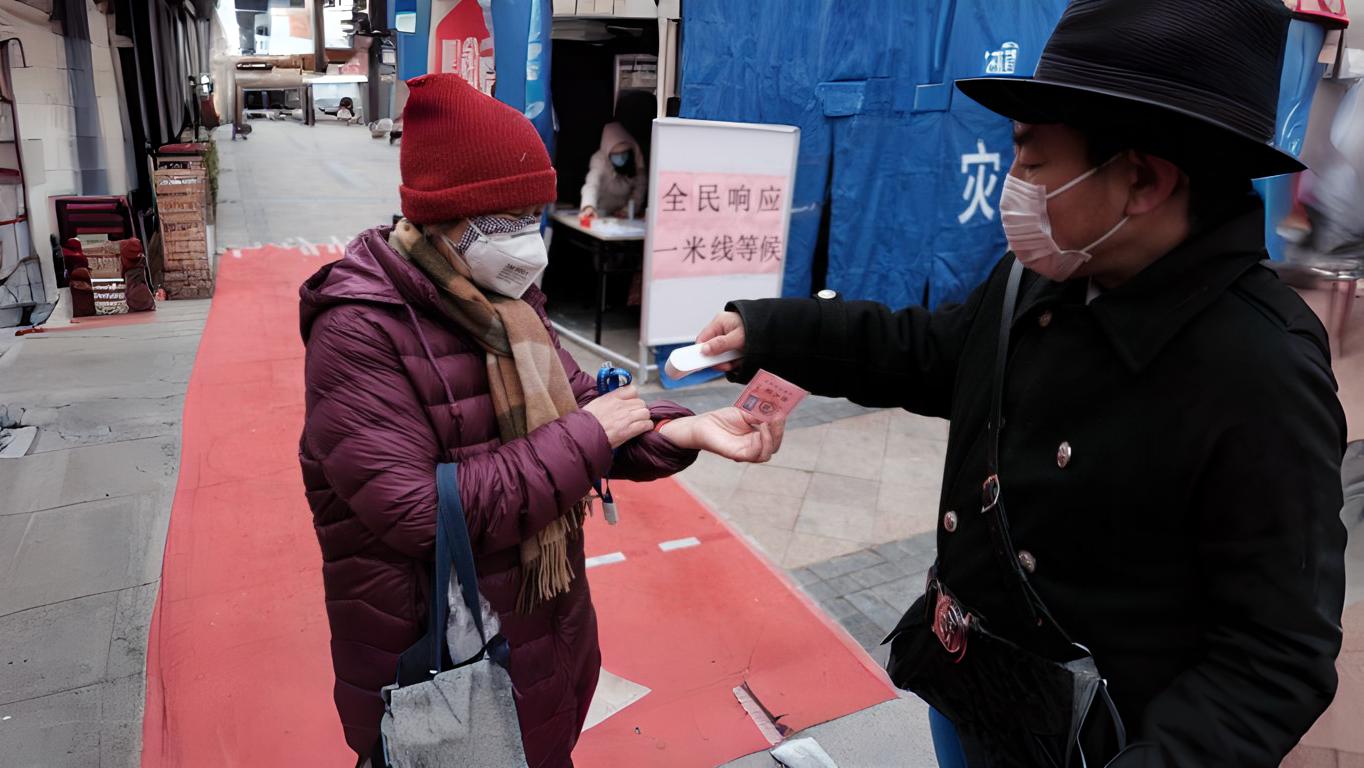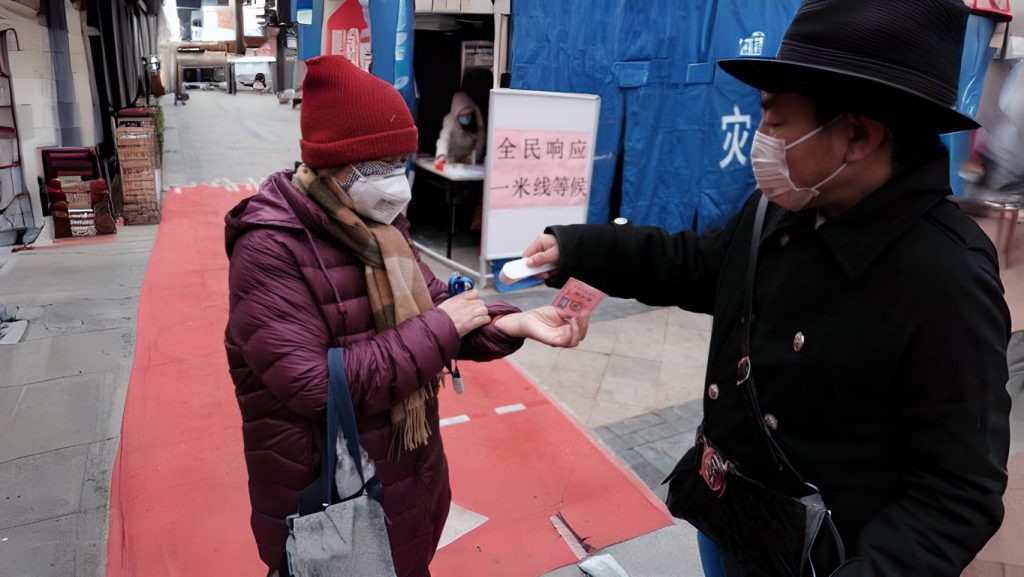How COVID-19 has Affected Clinical Operations
 5 years ago
By Josh Neil
5 years ago
By Josh Neil

The COVID-19 pandemic has disrupted sectors and organisations around the world. But one of the most vital fields that has seen significant impact is in clinical operations. Trials and supply chains have had to be rapidly changed to accommodate the new world we live in.
With Proventa’s Clinical Operations Strategy Meetings coming in November 2020, we asked two experts in the field – Guillermo Caletti, Head of Clinical Operations at Boehringer Ingelheim and Luca Russo, VP and Head of Global Clinical Supply Chain at Janssen Pharmaceuticals – their thoughts on the recent changes in the sector, and their thoughts on the future.
How has the COVID-19 Pandemic Affected Clinical Operations in General? How has the Sector Reacted to This?
Guillermo Caletti: In general terms, COVID-19 has had a big impact on the pharmaceutical field, particularly on patients. Patients are one of the most important parts of a trial. But now they’re reluctant to attend face-to-face study visits on the clinical side. This is one situation that’s jeopardising the data we’re receiving from clinical trials. To combat this, I believe the pharma industry in general has to be reinvented to accommodate more remote patient visits.
Another major change has been importation of medication. With COVID some countries’ customs were either closed down or had greater restrictions imposed on anything going through. This relates to both medicine and ancillary supplies, and has meant delays in delivery of goods or an inability to import goods and supplies on time at all due to governmental rules.
The third problem relates to regulations and regulatory authorities. With COVID we’ve become more cautious in regard to clinical trials, often prioritising the COVID-19 trials over other kinds. This has resulted in delays in the approval and review of the other kinds of clinical trials. This in turn means eaning a further delay to the release of therapies for patients.
Finally, recruitment of patients in clinical trials is also affected, because some sites were closed during the pandemic and sponsors have had difficulty finding enough patients for the study. This is understandable, given the importance of patient safety to sponsors, but a difficulty nonetheless.
Luca Russo: At the beginning, particularly in the first three or four weeks, there was a huge impact – so many care systems had to be totally devoted to the COVID-19 priority. But the sector recovered well: the larger companies were able to swiftly give some kind of continuity to patients.
What we did was install the correct precautions and measures to ensure patient safety; but also look harder at our innovative platforms to increase direct-to-patient opportunities and enabled in the first few months of the pandemic.
COVID-19 really accelerated these processes, to where in just a few months we were able to ship products directly to patient homes across multiple countries. It was an incredible acceleration that allowed us to keep a number of our programs moving forwards and having an impact.
The situation has required companies to put themselves in a position where they think more about the whole administration of working with a patient at home. This means more than just delivering materials and technology to the patient’s home, which is already a substantial effort. There’s also a lot more involving liability, administration and the fact that not all therapies can be self-administered by a patient.
Because of that, there is an opportunity for development teams to think in new ways over the next five or six years in terms of home patient care. This is a space with great opportunities in the near future.
What are the Other Key Challenges Facing Clinical Operations Right Now? How is the Sector Overcoming Them?
GC: A lot of the main questions we’re facing have already been resolved. From my perspective, the remaining big challenges are new questions that need to be addressed in chronic kidney disease, for example, or addressing new populations, such as the elderly, with proven medications that have already been marketed to younger adults. So this is the main challenge – that new questions are appearing, and because of this protocol design is more complicated while those medical questions are pending.
The search for a patient population for clinical trials is also becoming more complicated, as inclusion criteria is getting more restrictive in line with the pandemic situation.
Finally, the use of the placebo is a big challenge, and something that regulatory bodies are always questioning. Without some golden standard for the specific health problem, a placebo is needed to compare our medical option with. But sometimes regulators won’t accept this.
Will These Issues Still Exist in Five Years’ Time?
GC: Absolutely, though there are some solutions we’re already exploring. I think the first solution that pharma companies are approaching now is having the patient in the centre of the clinical trial. We as a sector, and as pharma companies, are having more contact with patient organisations that help us understand better how patients live with that specific disease. It also gives us a good understanding of how the regulatory environment stands in different countries. With this we can design better trials that help resolve the questions we have around unmet medical needs.
Which Innovations or New Technologies Are You Excited About Today?
LR: There are a few today – shipping direct-to-patient, which is enabled by several technologies since the patient needs to interact with pharma systems, platforms, and with the digital world. There are also some around the delivery system of drugs in a space that will one day include some element of connective health and telemedicine, such as activation of a patient’s device only when you approve a certain procedure through a digital platform. That’s something we’re working on, and will be an option soon.
When Attending Events Like Proventa’s, Which Topics Do You Most Want to Hear About?
GC: I’d certainly like to hear more about the regulatory environment – perhaps something relating to regulation in different geographic areas, for example differences between the USA and Asia-Pac, for instance.
Another is patient recruitment and retention. This retention is doubly important. We can reach the patient sample included in the trial, but if those patients can’t finish the trial and complete their treatment, they have ultimately no value for the trial. I believe that recruitment issues must be solved right at the start of the trial. This means the problem of recruitment is prevented altogether, rather than solved only when things go poorly.
Finally, I’d also like to hear more about patient advocacy groups, and particularly how they interact with pharma companies.
LR: I’d like to hear more about device activation, especially with acceleration from COVID-19 this year. It’s clear that the pharmaceutical industry needs to accelerate in this space. While it has done a little in the past, the sector isn’t known to be the most high-tech industry in the world. COVID-19 has shown the need for pharma to accelerate: some great technology is coming out of biopharmas today.
To ensure you remain up-to-date on the latest in clinical development, sign up for Proventa International’s online Clinical Operations Strategy Meetings, set for November 2020.
Joshua Neil, Editor
Proventa International

How to Reduce the Cost of Clinical Trial Supply Chain While Maintaining Quality and Efficiency
Clinical trial supply chain is a critical component of drug development, ensuring that drugs are available for testing, regulatory approval, and distribution. However, managing this supply chain can be challenging, with factors such as cost, quality, and efficiency all coming...
3 years agoHow to Reduce the Cost of Clinical Trial Supply Chain While Maintaining Quality and Efficiency
Clinical trial supply chain is a critical component of drug development, ensuring that drugs are available for testing, regulatory approval, and distribution. However, managing this supply chain can be challenging, with factors such as cost, quality, and efficiency all coming...
3 years ago
Raising Representation in Clinical Trials: An Interview with Liz Beatty, Inato
The COVID-19 pandemic created a significant shortage of suitable patients for clinical trials worldwide. Within this crisis was another more serious issue around inclusion and representation, driven by COVID’s disparate effect on certain ethnicities, that spoke to a wider issue...
5 years agoRaising Representation in Clinical Trials: An Interview with Liz Beatty, Inato
The COVID-19 pandemic created a significant shortage of suitable patients for clinical trials worldwide. Within this crisis was another more serious issue around inclusion and representation, driven by COVID’s disparate effect on certain ethnicities, that spoke to a wider issue...
5 years ago
DeepMind’s AI Predicts Structures for More Than 350,000 Proteins
In 2003, researchers sequenced approximately 92% of the human genome, a huge achievement and very recently researchers have completed the entire process. Now, the latest innovation in AI technology has predicted the structure of nearly the entire human proteome. The...
5 years agoDeepMind’s AI Predicts Structures for More Than 350,000 Proteins
In 2003, researchers sequenced approximately 92% of the human genome, a huge achievement and very recently researchers have completed the entire process. Now, the latest innovation in AI technology has predicted the structure of nearly the entire human proteome. The...
5 years ago